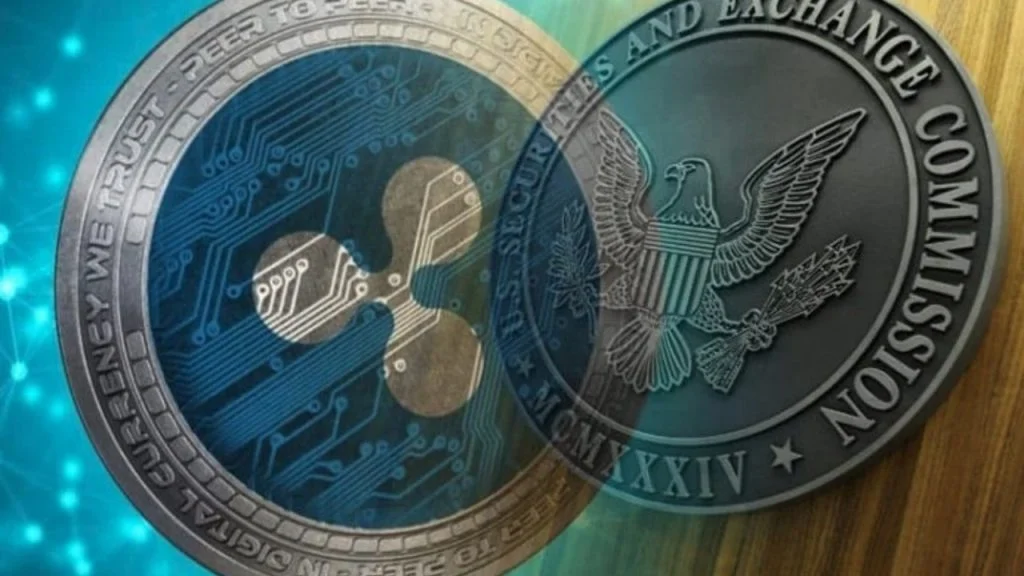After a two-year legal struggle, the prominent crypto case between Ripple and the US Securities and Exchange Commission (SEC) is coming to an end as Ripple filed its final submission against the US regulator on Dec. 2.

The SEC and Ripple each submitted a redacted reply to the other’s objection to a move for summary judgment on December 2.
In its motion brief, Ripple contended that the SEC had failed to establish that its 2013–2020 XRP offering constituted an offer or sale of an “investment contract,” making it a security under federal securities laws.
“The court should approve Defendant’s Motion and should reject the SEC’s Motion,” Ripple said in the letter.
On December 3, Ripple’s general counsel, Stuart Alderoty, tweeted that this was the company’s “last filing” requesting the judge to “grant” judgment in its favor.
He added that Ripple is proud of the defense it has mounted “on behalf of the entire crypto industry,” noting that Ripple has “always played it straight with the court,” but subtly criticizing the SEC by saying he “can’t say the same for our adversary.” Ripple has been accused of engaging in illegal activities related to cryptocurrency.
Alderoty continued to criticize the SEC in a subsequent tweet on December 5, referring to it as a “bouncing regulator” and cited two comments that he said contradicted one another.
When the SEC filed a lawsuit against Ripple in December 2020, alleging that the company had generated $1.3 billion by selling its native cryptocurrency XRP as unregistered securities, the legal conflict between the two parties got underway.
James Filan, a former federal prosecutor, said there are only three points remaining to be resolved in the SEC vs. Ripple case in a previous tweet from November 30.
The “expert reports,” the Hinman records, and other information that the SEC and Ripple relied on upon their arguments are all covered by the summary judgment motions, expert challenges, and sealing disputes.
The William Hinman papers make reference to his June 2018 address at the Yahoo Finance All Markets Summit, in which he claimed that Ether (ETH) was not a security.
Judge Torres, in Filan’s opinion, won’t rule on the three major issues “separately,” but rather, “together,” and after deciding on the requests for summary judgment, “one huge written judgment” will be made public, most likely “on or before March 31st, 2023.”
